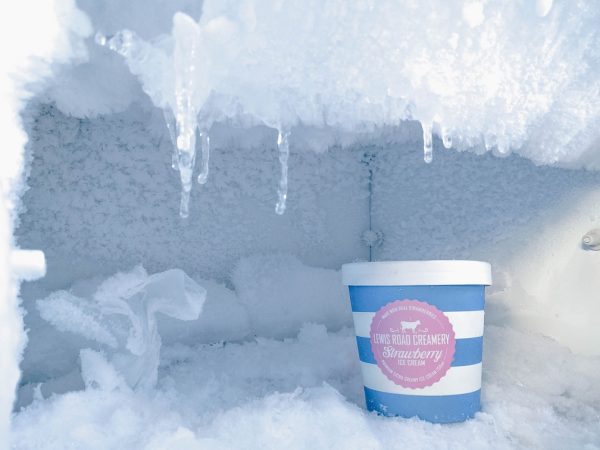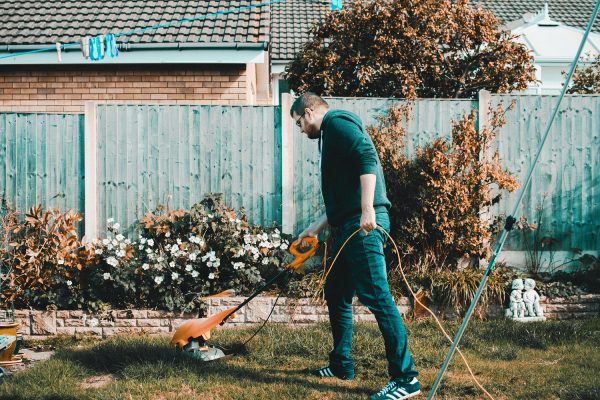12 jobs you must do before leaving your property unoccupied

If your home is to be left unoccupied for an extended period, perhaps you’ll be working abroad, it’s a rental home between tenants or it’s up for sale, it will be at greater risk than if it were occupied. This blog explains the simple preventative maintenance you should carry out before leaving it empty.
1. Check batteries and bulbs
Check the batteries in smoke and carbon monoxide monitors and the bulbs in any PIR security lights or lights that are set on timers inside the house. Replace any that are not working.
2. Check locks and latches
Check the integrity of all locks and window latches and ensure they are working. Don’t forget the garage, shed and any outbuildings you may have. Repair or replace any that are not working properly. While you’re at it, check all the windows for damage. Read our useful blog to find out how to protect your unoccupied home from squatters.
3. Check radiators and taps
If you have a radiator that is leaking or a tap that is dripping, it’s not going to repair itself. In fact, it’ll get worse. If you do find any leaks, avoid the risk of them getting worse and causing a flood by getting them repaired.
4. Check the guttering
If you are able, get up a ladder and check the guttering from any build-up of leaves, moss or other debris. If rain water isn’t able to drain away unimpeded it can cause outpouring of water and floods.
5. Lock valuables away
If any valuables are to be left in the house, ensure they are tidied away and if possible kept under lock and key. Read our useful blog on home security for your valuable collections.
6. Decide whether to turn off the utilities
There are many pros and cons as to whether you should turn off your water, gas and electricity before leaving your home unoccupied for an extended period. Read our blog to help you decide whether you should turn off the utilities when your home is left unoccupied.
7. Ensure the house is well ventilated
Mould can develop in an unoccupied house if there is any dampness. The best way to prevent that is to fit suitable air bricks and window vents. Depending on your level of DIY skills you may need a builder or glazer to do this for you.
8. Empty the fridge and freezer
If your fridge or freezer is iced up in the event of a power outage it could defrost and cause a flood in your kitchen. Remove all food and drinks, defrost both and dry thoroughly. Prop the doors open allowing air to circulate and preventing a smell developing. Leave both switched off.

9. Beware rodent infestation
An unoccupied home can be an inviting environment for rats and mice, especially if there is food. To prevent an infestation, make sure all food sources are eliminated and that any openings into the home are sealed
Mice are found in buildings more often than rats because they are smaller and able to squeeze through a crack or hole one-fourth of an inch or larger – that’s about the width of a pencil.
10. Inspect your boundaries
Britain’s wild weather means that a gale can blow up any time of the year so check your boundary fences and walls for damage. Loose panels should be repaired or replaced, as should crumbling brickwork or mortar on walls.
11. Tidy the garden
Cut back vegetation, mow the lawn and ensure garden tools are tidied and locked away in the shed. If you have a ladder make sure that’s under lock and key too as it could be very useful for an opportunist burglar.

12. Check your household insurance policy
Check your household insurance policy. Most policies will only cover a property that is vacant for up to 30 days.
If your property is to be empty for longer than that you will need to take out unoccupied insurance cover.
For a swift and sensible quote call Adrian Flux on 0800 369 8590 or book a callback at a time that suits you.






